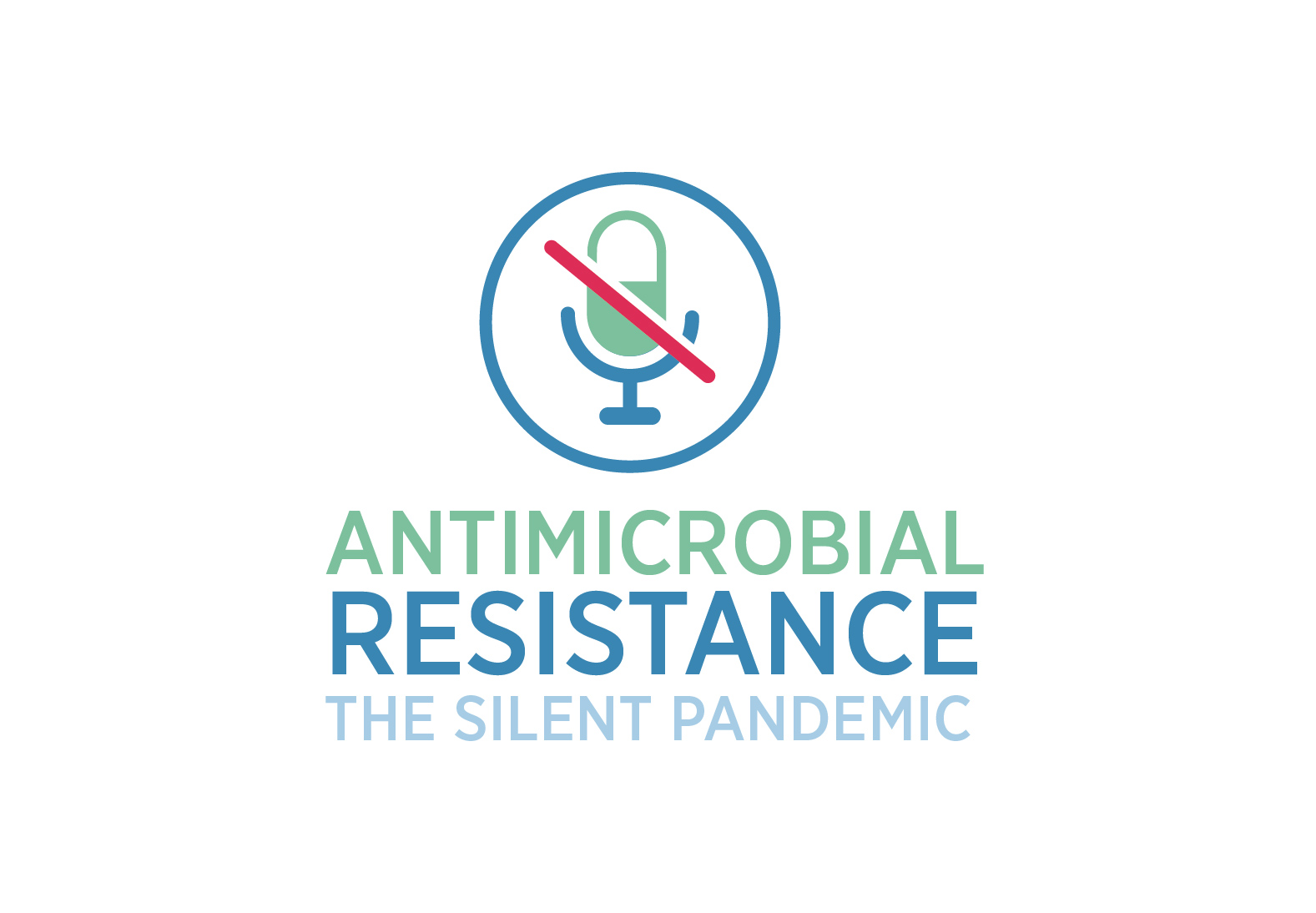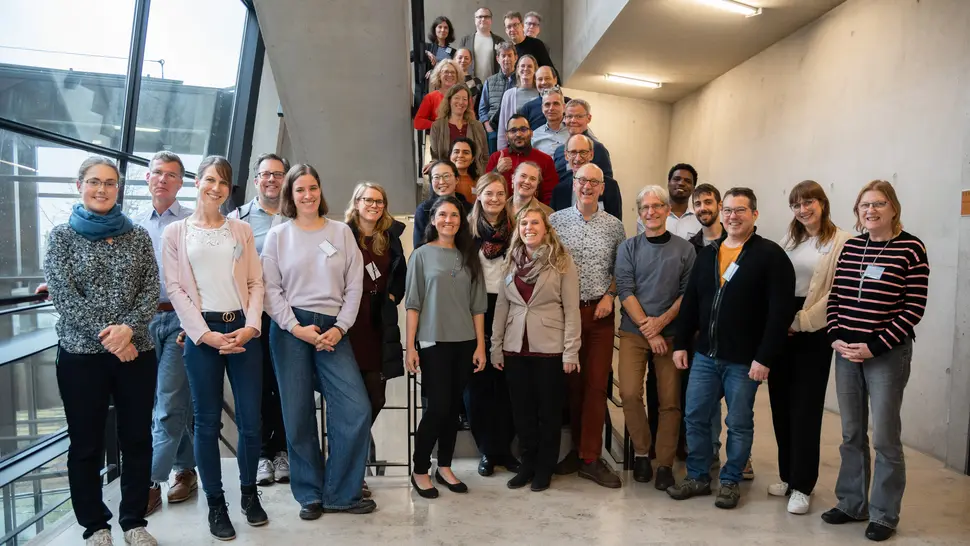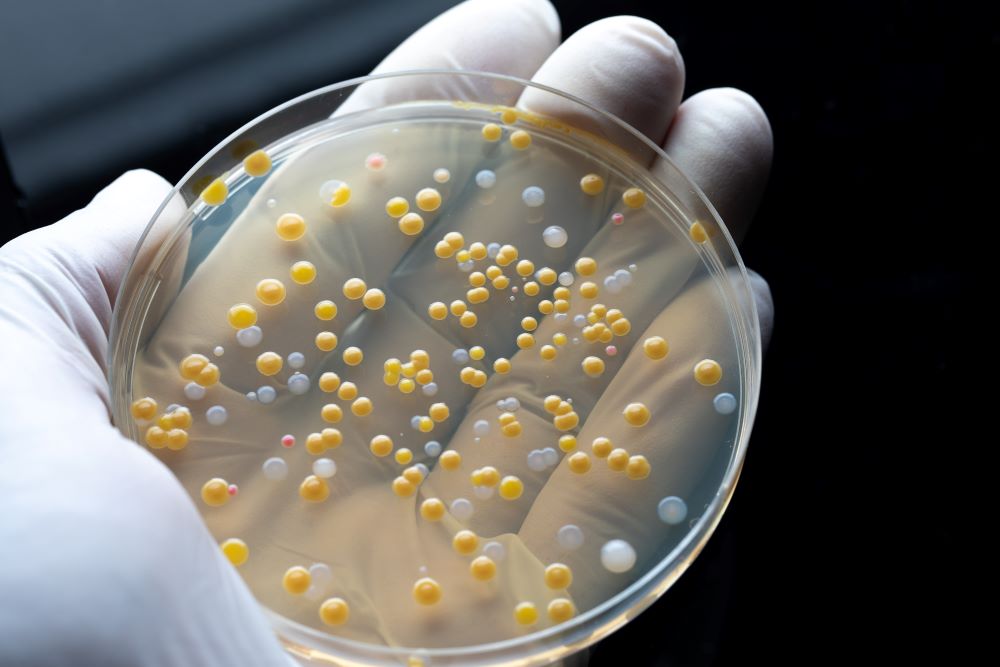
How do resistant bacteria spread from animal husbandry into the environment and to humans, how is this being researched at the Leibniz Research Alliance INFECTIONS, and what measures can prevent the spread of resistance? These are the topics covered in episode 5 of the podcast “Mikroben im Visier”.

On March 10 and 11, 2025, the symposium INFECTIONS - Symposium “Antimicrobial resistance: The silent pandemic” will take place at the Leibniz Institute for Analytical Sciences - ISAS - e.V., - ISAS Research Institute Campus, Otto-Hahn-Straße 6b, 44227 Dortmund, Germany.

From 28 to 30 October 2024, the members of the Leibniz Research Alliance INFECTIONS met for the 8th Plenary Assembly at the Bernhard Nocht Institute for Tropical Medicine (BNITM) in Hamburg. They discussed the future direction of the network and presented their research findings on combating antimicrobial resistance (AMR) - a key issue for global health.

In the seed money project AirBarn, aerosols inside and from animal barns are investigated as a potential source for airborne pathogens. It is known that the use of antibiotics in agriculture often selects antibiotic-resistant bacteria, but the extent to which environmental influences can change the composition of bacteria in bioaerosols and where risks arise for humans and the environment are still open research questions.

A recent publication, which was published in The Lancet at the end of September, has analyzed the global burden of bacterial resistance on human health from 1990 to 2021 and calculated a forecast up to 2050 from this data. Three researchers from the Leibniz research network INFECTIONS contributed to this systematic analysis.